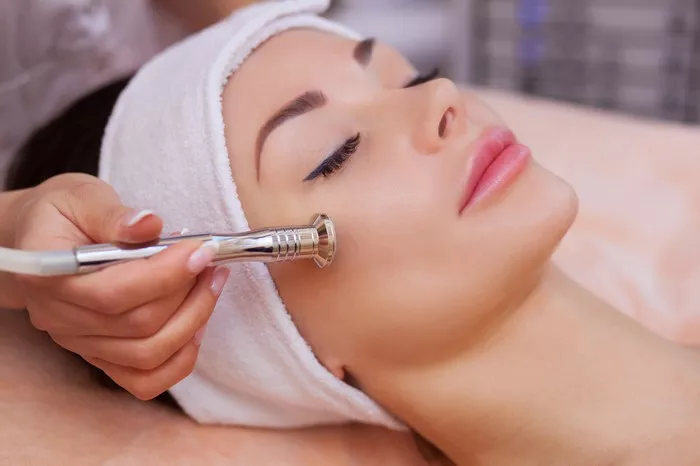A growing trend among millennials and Gen Z, fueled by societal pressures and the ubiquity of social media, is the increasing acceptance and pursuit of cosmetic procedures such as fillers and Botox. Many young individuals, influenced by the prevailing anti-aging rhetoric and a desire to maintain a youthful appearance, are turning to these treatments at a surprisingly early age.
In a BBC poll conducted in 2019, nearly half of millennial women surveyed equated cosmetic procedures with routine grooming practices like getting a haircut. However, the reality of these procedures can be far from trivial. Despite the allure of reversing signs of aging, the experiences of individuals who have undergone such treatments reveal potential risks and pitfalls.
One individual recounts her journey of seeking cosmetic enhancements, starting with filler injections to address under-eye hollows. Despite paying a considerable sum and consulting with a reputable doctor, she experienced dissatisfaction and visible side effects after subsequent treatments. The allure of further “tweakments” persists, fueled by societal pressures and personal insecurities, but she ultimately decides against them, recognizing the importance of self-care and self-acceptance.
The normalization of cosmetic procedures among young people is evident in statistics showing an increase in Botox recipients under the age of 34. Dubbed “baby Botox” or “prejuvenation,” these treatments aim to prevent wrinkles before they appear, often promoted as part of a skincare routine and associated with self-care on platforms like TikTok. The pressure to maintain a youthful appearance is further exacerbated by the constant comparison fostered by social media and the collective anxiety stemming from global crises and economic uncertainties.
However, the pursuit of youth is not without its dangers. Botched procedures and unregulated practices in beauty salons have led to serious complications, including cases of HIV transmission. Despite the allure of eternal youth, there is growing recognition of the importance of accepting one’s true age and resisting societal pressures to conform to narrow standards of beauty.
While personal agency in cosmetic decisions is important, it is equally crucial to recognize the potential consequences and weigh them against the desire for physical enhancement. Rejecting the notion that women must defy aging at all costs, individuals are encouraged to embrace self-acceptance and prioritize holistic well-being over external appearances.


